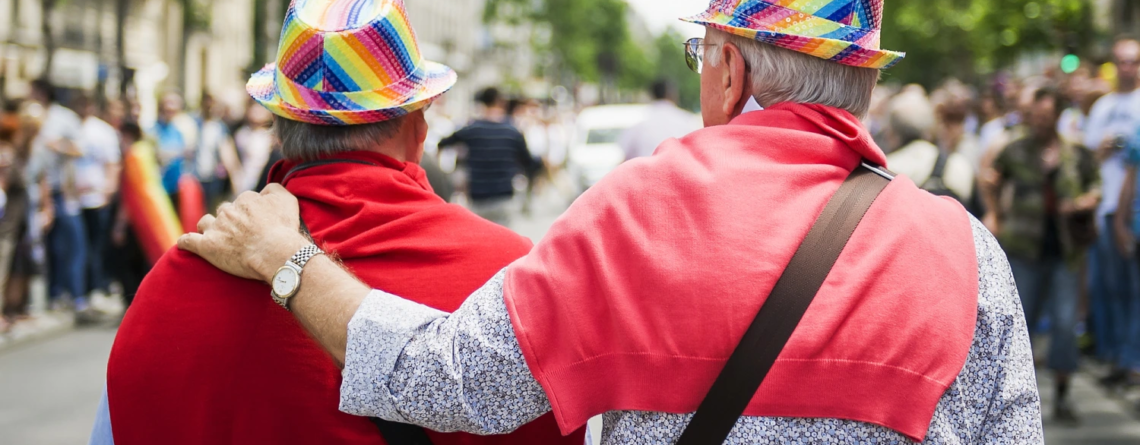US. LGBTQ elders struggle with health care, housing and isolation
LGBTQ older adults are four times less likely to be parents than older heterosexual adults, and twice as likely to grow old single and living alone, according to SAGE, a national group that offers services and advocacy for LGBTQ adults 50 and older.
The challenges LGBTQ elders face overlap with an aging U.S. population. According to the U.S. Census, the population aged 65 or over grew to an unprecedented 55.8 million, or 16.8% of the total population, in 2020. The number of people in the U.S. that are 65 or older is projected to increase by 47% by 2050.
An older population exacerbates workforce shortages in senior living facilities and health care institutions, and while this affects many older Americans, LGBTQ elders face unique challenges when compared to their heterosexual counterparts.
In a report published in 2018, SAGE found LGBTQ elders are far more likely than their heterosexual peers “to have faced discrimination, social stigma and the effects of prejudice.” They are therefore, the report found, more likely “to face poverty and homelessness, and to have poor physical and mental health.”
Caregiving
Since LGBTQ people are less likely to have children, more than half (54%) of LGBTQ elders receive care from their partner and nearly a quarter (24%) receive care from a friend, according to SAGE. More than 20% of older LGBTQ adults have provided care to friends, compared to just 6% of their heterosexual counterparts.
Mitchell Zahn, a coordinator for SAGE in South Florida, said that in heterosexual family units, caregiving tends to have a vertical model, in which the child takes care of their parents.
“But in the gay community, since so many do not have a family, caregiving tends to be with friends, a more horizontal model,” Zahn said. “However, when you age, your friends tend to be older as well and have their own health needs, so our health support is failing as well because we don’t have that intergenerational aspect.”
Read more @nbcnews











